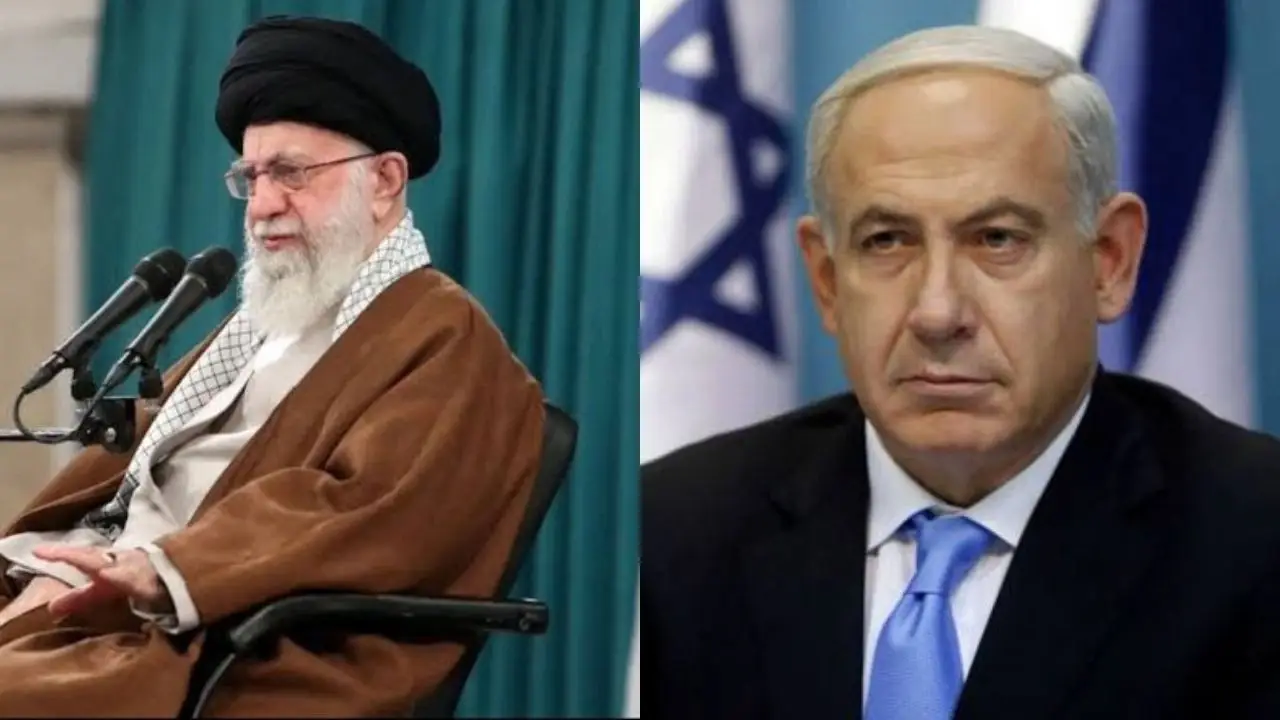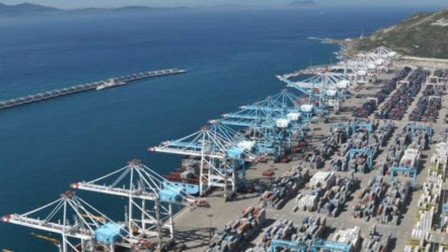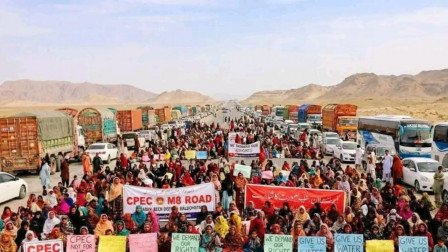
Iran’s Secret Missile Pact With China Raises Global Alarms: 800 Ballistic Missiles in Pipeline (X)
Is the Middle East poised for a missile war? With anxieties about an Israeli attack on Iranian nuclear sites growing, Tehran has reached a clandestine agreement with China for a key ingredient in missiles: ammonium perchlorate powder. With plans to produce 800 ballistic missiles, this high-risk deal is ringing alarm bells from Washington to Tel Aviv. Will this shipment of chemicals redraw the military equation in the area? And is Iran gearing up for something more than defense?
Based on a blockbuster Wall Street Journal report, China has reportedly signed up to provide Iran with ammonium perchlorate powder (NH₄ClO₄) a critical oxidizer used for rocket and missile propulsion. The powder will be used to produce more than 800 ballistic missiles, marking a huge expansion of Iran's already considerable arsenal of 3,000+ missiles. Tehran's goal? To defend itself against what it perceives as immanent Israeli attacks on its nuclear facilities.
Chemical Formula: NH₄ClO₄
Absent, it is unable to generate thrust or explosive force. That makes this agreement with China an urgent red flag for international intelligence agencies.
Reports say the powder will arrive in Iran next month, where engineers and scientists are already on hold waiting for large-scale production. This is when the geopolitical tempest rages in the Middle East, as Israel and Iran are engaged in a heated standoff.
Another chilling disclosure: Iran intends to send some of these missiles to Yemen's Houthi rebels, who are working hard to target Israel. On Thursday, Houthis fired another missile at Tel Aviv, stirring fears of a multi-front war.
In the meantime, Hamas and Hezbollah erstwhile prime anti-Israel players seem to be weakened, leaving Houthis as Tehran's most confrontational proxy.
Washington has been concerned with China's secret military support and what it might portend for regional stability.
Iran's missile expansion is not merely a defense strategy it's a message in geopolitics. While China is a silent facilitator, and Iran's missile diplomacy goes up to Houthi rebels, the Middle East can soon see a new, lethal era of warfare where proxy wars turn into open conflicts.
But here's the question is that this deterrence, or a countdown to war?








Copyright © 2026 Top Indian News
